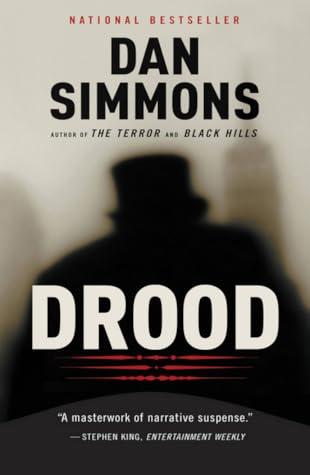More on this book
Community
Kindle Notes & Highlights
“You draw me to you. If I were shut up in a strong prison, you would draw me out. I should break through the wall to come to you. If I were lying on a sick bed, you would draw me up—to stagger to your feet and fall there.” And later—“You are the ruin of me… Yes! You are the ruin—the ruin—the ruin—of me. I have no resources in myself, I have no confidence in myself, I have no government of myself when you are near me or in my thoughts. And you are always in my thoughts now. I have never been quit of you since I first saw you.”
ivanareadsalot and 1 other person liked this
No man knows until the time comes, what depths are within him. To some men it never comes; let them rest and be thankful! To me, you brought it; on me, you forced it; and the bottom of this raging sea has been heaved up ever since.… I love you. What other men may mean when they use that expression, I cannot tell; what I mean is, that I am under the influence of some tremendous attraction which I have resisted in vain, and which overmasters me. You could draw me to fire, you could draw me to water, you could draw me to the gallows, you could draw me to any death, you could draw me to anything I
...more
I thought of Shakespeare’s most famous of stage instructions, from A Winter’s Tale—“Exit, pursued by a bear.”
but Charles Dickens, while quite possibly a villain and even a murderer, was almost always a most pleasant man to be around.
riding somewhere through Kent in a brougham, “that in a real sense, we have no true memory of pain. Oh, yes—we can recall we had it and remember quite vividly how terrible it was and how we wish never to experience it again—but we cannot truly recall it, can we? We remember the state, but not the true particulars the way one might remember… say… a fine meal. I suspect that this is the reason that women agree to go through the agonies of childbirth more than once—they have simply forgotten the specifics of their earlier agonies.
Hatchery’s pistol with its four remaining bullets. So, to pay the bills and to begin digging myself out of the debt that had so soon followed and replaced true financial security (with Mother’s inheritance and my earnings from The Moonstone and other projects now all but gone), I did what any writer would do in such an emergency: I drank more laudanum, took my nightly injections of morphine, drank much wine, bedded Martha more frequently, and began a new novel.


